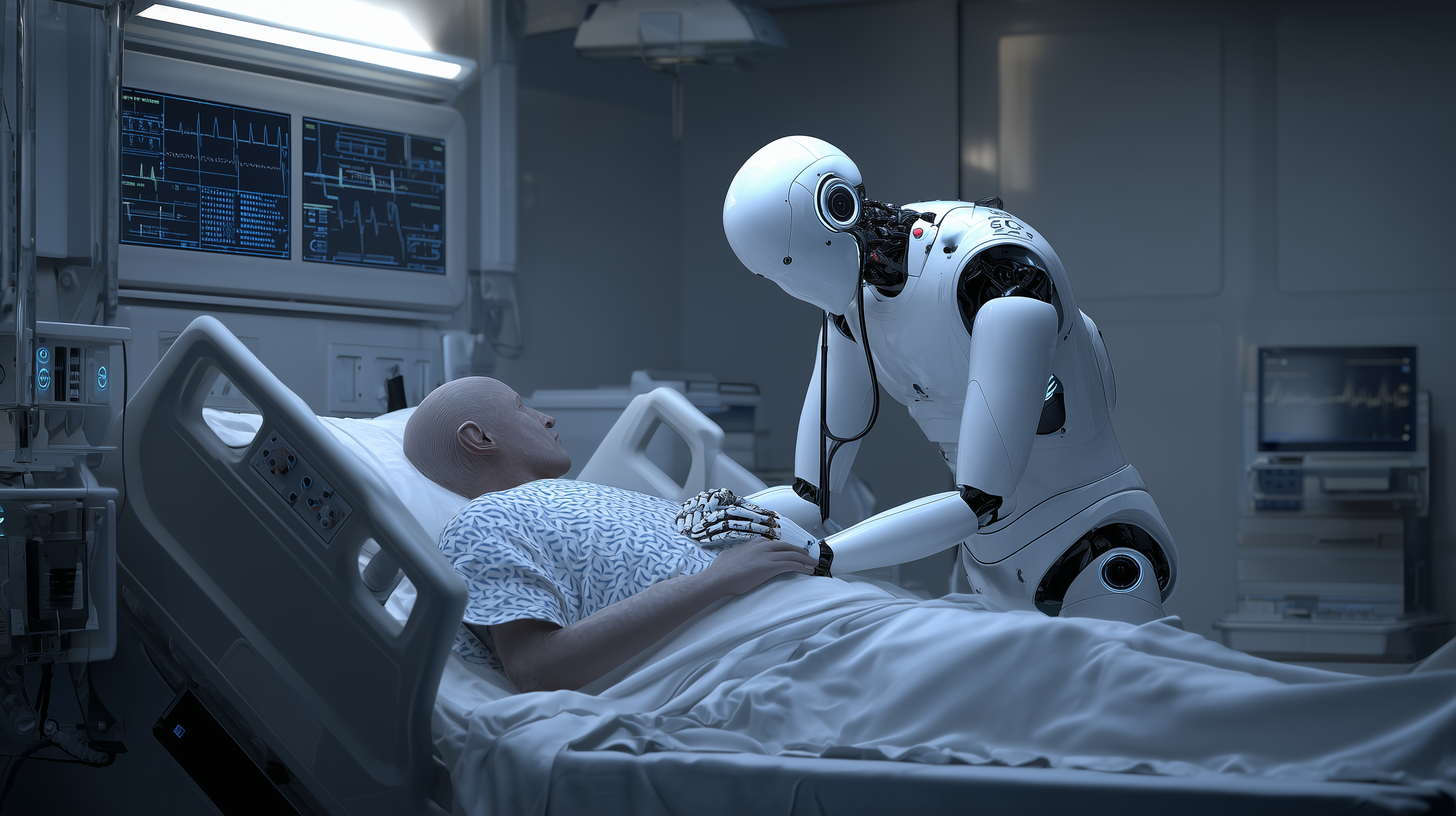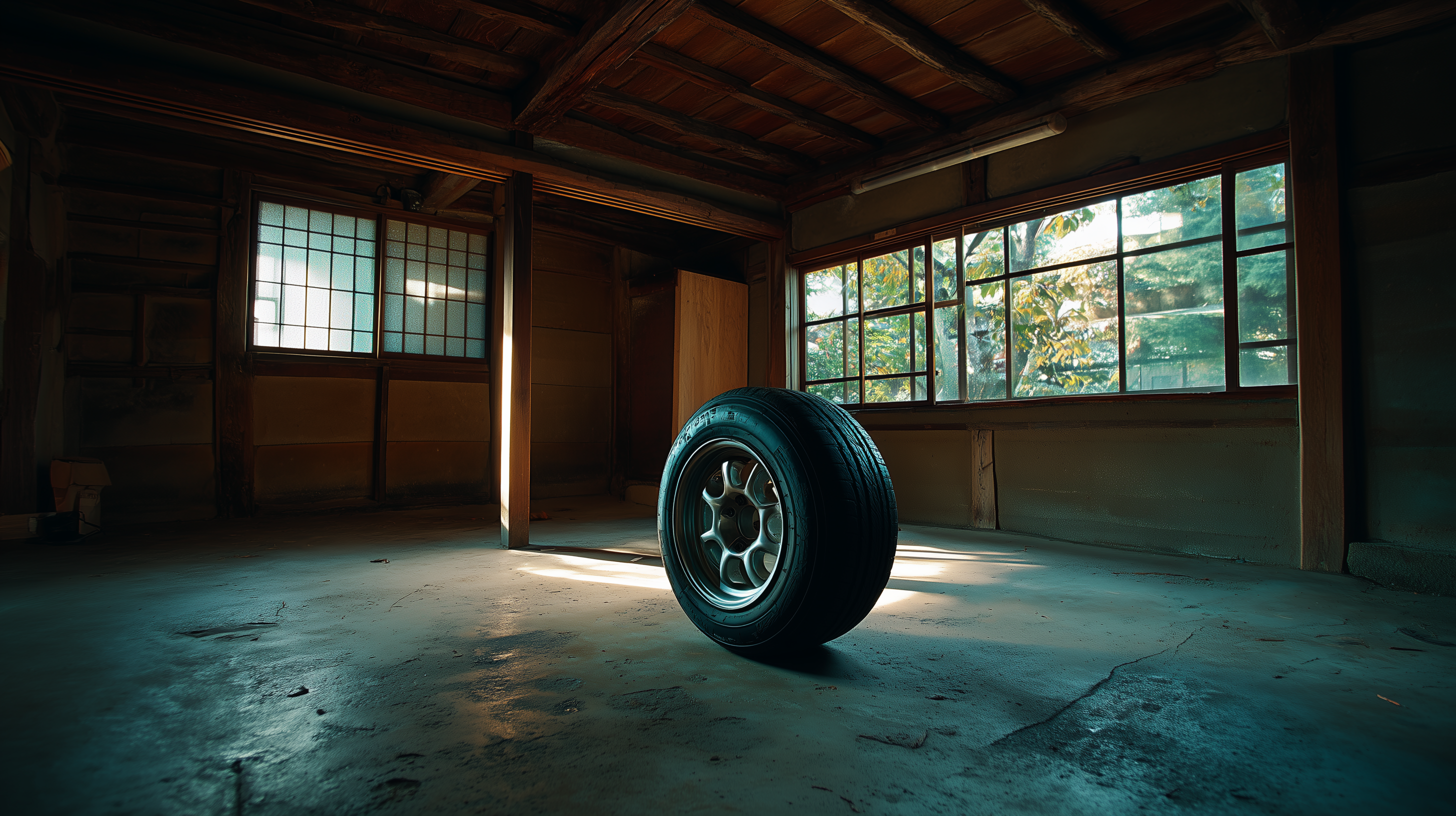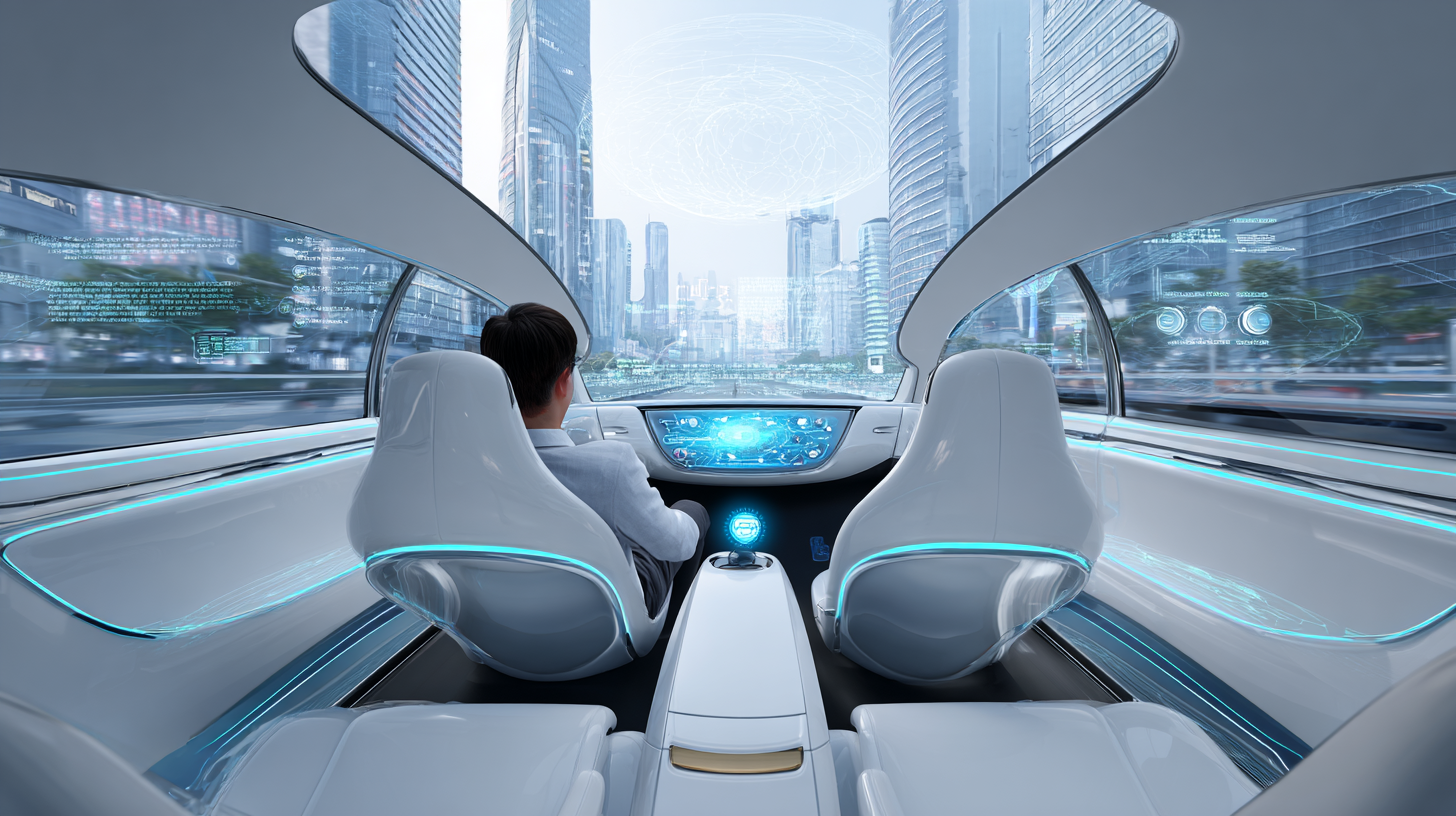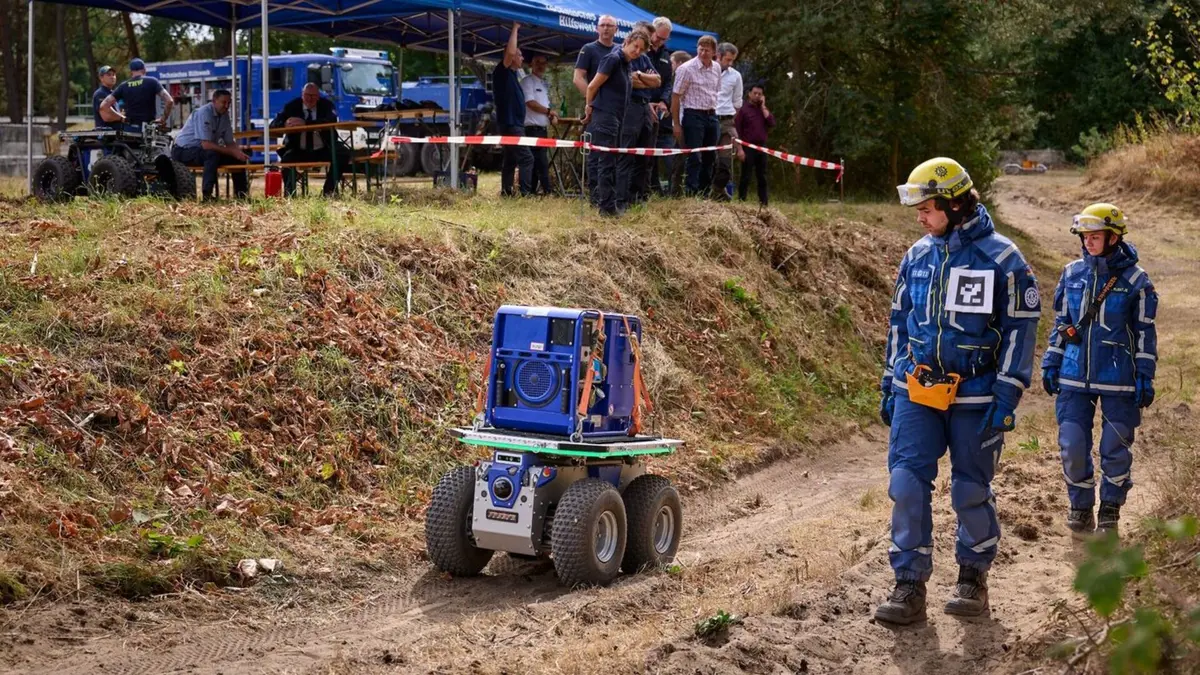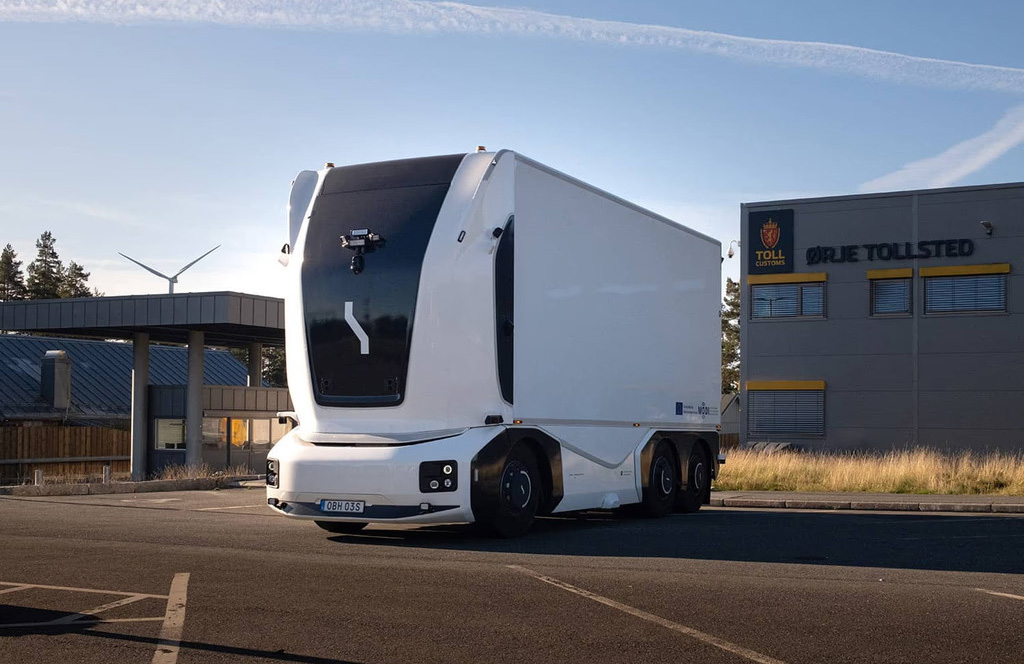By Futurist Thomas Frey
By 2030, the AI revolution will no longer be owned by Silicon Valley or trillion-dollar tech conglomerates—it will belong to the small business owner, the freelancer, the coder in Lagos, and the linguist in Taipei. The rise of decentralized AI infrastructure, powered by systems like HyperCycle, is transforming how artificial intelligence is deployed, monetized, and shared. What cloud computing did for storage and processing, HyperCycle’s node-based economy is doing for AI itself—creating a frictionless marketplace for intelligence.
Continue reading… “Small Business AI Services: The Democratized AI Economy”




